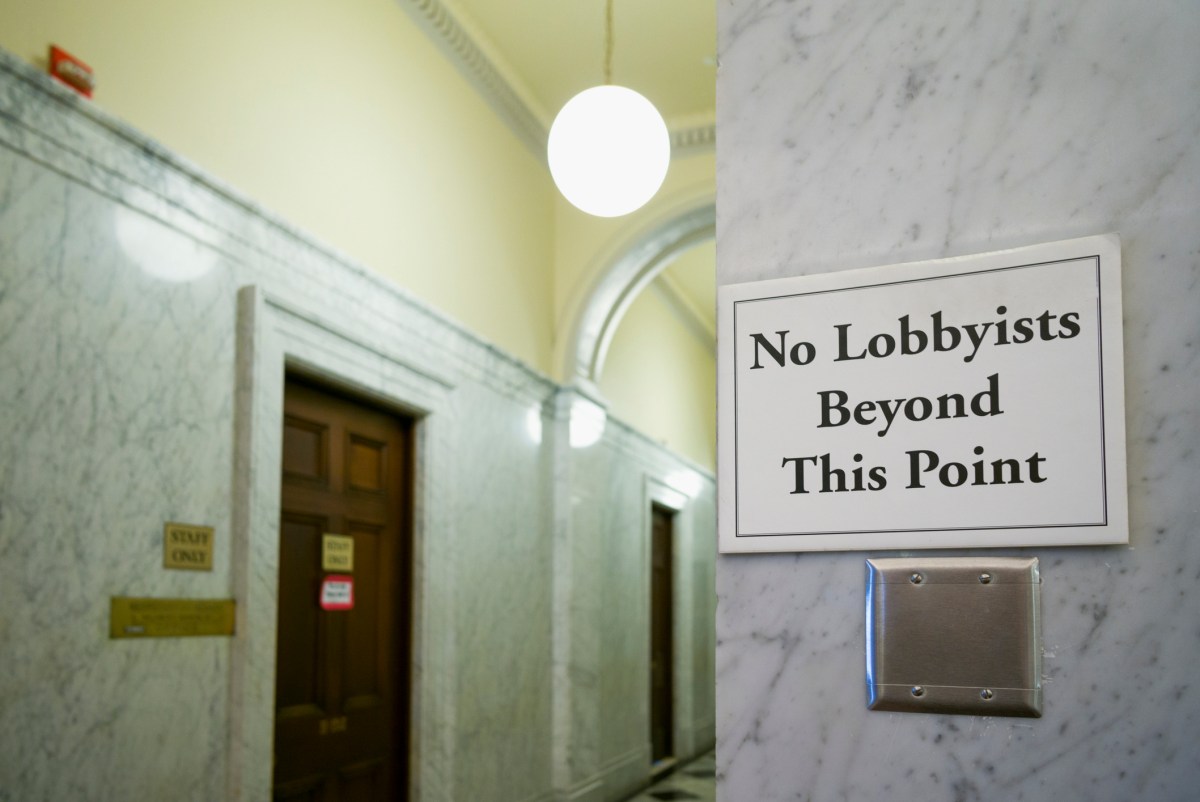Europe has a new lobbying body, one with a self-stated mission to “improve competition, transparency and resilience” in the cloud computing sector. The Open Cloud Coalition (OCC) counts 10 members at launch, the most notable of which is Google, supported by international and local cloud providers Centerprise International, Civo, Gigas, ControlPlane, DTP Group, Prolinx, Pulsant, […]
© 2024 TechCrunch. All rights reserved. For personal use only.
Europe has a new lobbying body, one with a self-stated mission to “improve competition, transparency and resilience” in the cloud computing sector.
The Open Cloud Coalition (OCC) counts 10 members at launch, the most notable of which is Google, supported by international and local cloud providers Centerprise International, Civo, Gigas, ControlPlane, DTP Group, Prolinx, Pulsant, Clairo and Room 101. Part of the collective’s work will involve conducting cloud market research and presenting the results to regulators in the European Union and the U.K., while “engaging in consultations on competition and market fairness,” according to a statement.
The launch comes hours after Microsoft’s deputy general counsel Rima Alaily preempted the announcement, publishing a blog post accusing Google of conducting a “shadow campaign” to influence cloud regulation in Europe. Alaily called the new organization an “astroturf group organized by Google,” adding that the search giant had “gone through great lengths to obfuscate its involvement, funding and control” by using smaller European cloud providers as the face of the coalition.
The OCC is broadly comparable to another industry trade organization called the Cloud Infrastructure Services Providers in Europe (CISPE), which launched in 2017 and has Amazon’s AWS as its flagship member alongside several dozen smaller players. Indeed, the OCC is a direct response to a settlement Microsoft reached with CISPE members (not including AWS) to abandon an antitrust complaint against a licensing change Microsoft had made in 2019, which made it more expensive to run its enterprise software on rival cloud services.
That July settlement, which reportedly included a $22 million payment and promises to make it easier for smaller cloud providers to run Microsoft software on their own infrastructure, spurred Google to launch its own complaint with the European Commission (EC). The complaint alleged that Microsoft uses anti-competitive licensing practices to force companies into staying on its Azure cloud infrastructure.
The OCC’s launch comes at an opportune time. A new European Commission is set to take office, and the U.K. is also carrying out an in-depth cloud market investigation of vendor lock-in practices. AWS and Microsoft are in the lens of the investigation as the market leaders, and the results are expected to be published in 2025.
Heading up the Coalition is Nicky Stewart, public sector director of U.K. cloud hosting company Civo. He says that with cloud infrastructure becoming the norm, businesses are increasingly finding themselves “trapped in restrictive agreements, facing high costs and barriers” when trying to switch providers.
“The OCC is determined to reverse this trend by promoting a more competitive and flexible market and driving the adoption of open standards,” Stewart said in a statement.
Microsoft insists that Google is the main driving force of the OCC in terms of support, but DGA Group, an “advisory firm” enlisted to drive recruitment for the Coalition, said it wasn’t disclosing individual members’ contributions. However, DGA noted that the total funding would eventually be made public through the EU Transparency Register.

Leave a Reply